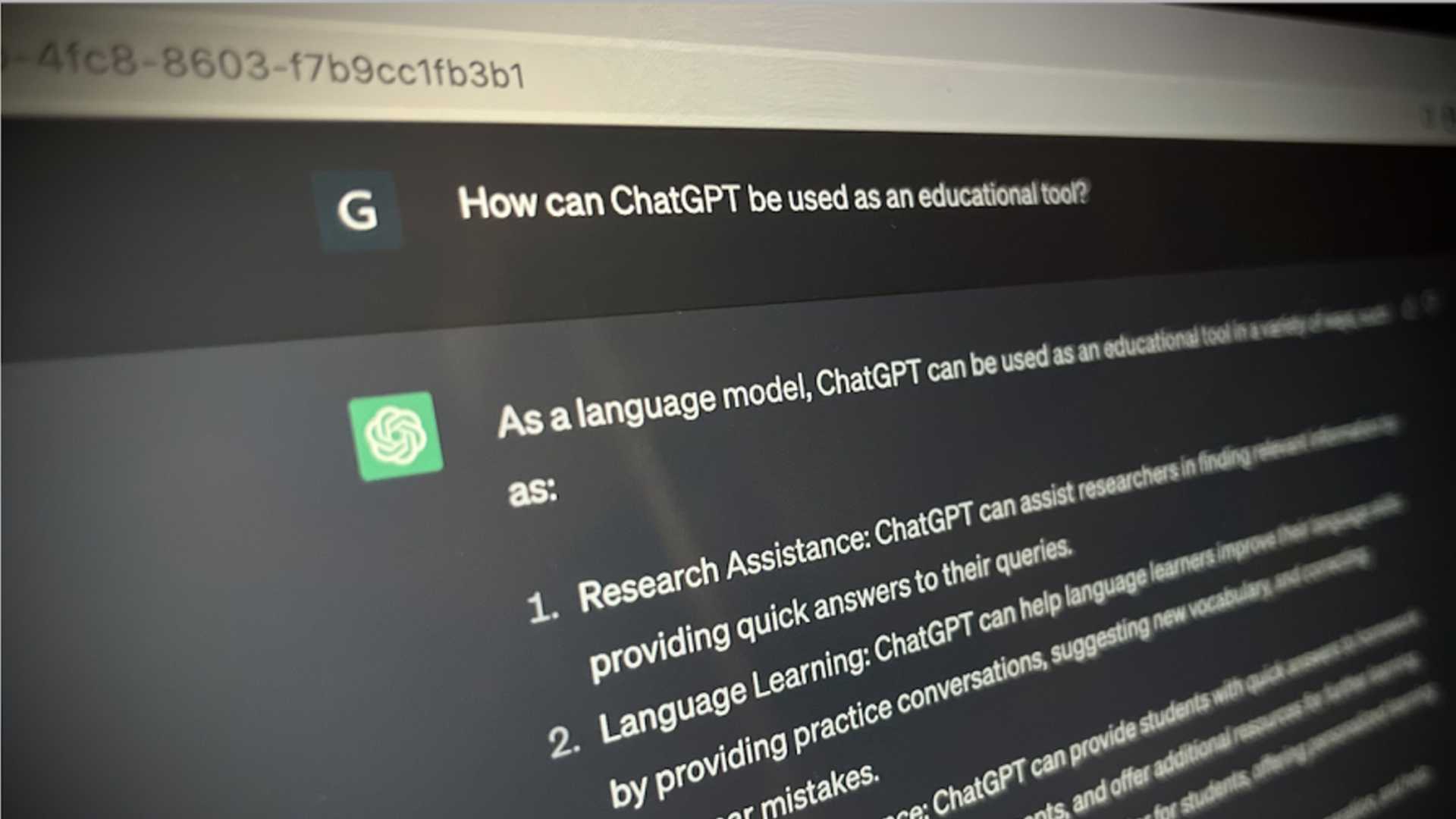Editorial: Carlmont Shouldn't Pull the Plug on ChatGPT – Scot Scoop
The integration of artificial intelligence (AI) in education has brought both opportunities and challenges. While AI chatbots like ChatGPT have revolutionized the way students can learn and perform their academic tasks, they have also raised concerns about academic integrity. Many school administrators and educators have called for the ban of AI chatbots like ChatGPT to prevent cheating.
Carlmont High School is among the schools that have banned ChatGPT. The school has blocked the site on the school internet, and some teachers have tried to craft convoluted ChatGPT-resistant questions. However, the efforts to expel any opportunity for students to use ChatGPT are not worthwhile.
It is difficult to prevent students who want to cheat on schoolwork from using AI chatbots to do so, despite any bans the school might impose. Students can access ChatGPT on other devices and even navigate around a schoolwide network ban. Current ChatGPT detection software is also unreliable. Even if it were completely foolproof, keeping up with the latest programs would be a considerable chore for educators.
Moreover, ChatGPT may be the most popular and accessible chatbot right now, but similar platforms are already emerging. Thus, preventing students from using ChatGPT or an adjacent program to cheat would be an endless and burdensome task.
Instead of banning ChatGPT altogether, Carlmont should channel its energy into determining how its classrooms could responsibly benefit from the tool. For example, if teachers were to formally introduce students to ChatGPT, they could spread awareness about its limitations and open a conversation about the growing role of AI in our society.
Even the chatbot’s flaws – such as its tendency to make up facts – could contribute to a critical thinking exercise in which students are tasked to evaluate the validity of its responses. Adapting to ChatGPT in this way is by no means a solution to cheating, but it’s imperative for Carlmont to consider its priorities.
If the primary goal is to thwart cheating, then prohibiting the use of ChatGPT may be appropriate. However, if the school values fostering curiosity and preparing students for an ever-evolving world, then it should embrace the change. High schools have the unique responsibility of preparing students for the adult world, and this will likely be a world in which AI plays a prominent role.
Integrating AI into education on a small and controlled scale is an effective way to make the difficult adjustment to this strange future. It is worth considering the feasibility of implementing ChatGPT as an educational tool despite the controversy surrounding its use. Small and thoughtful steps toward its application could make all the difference.










